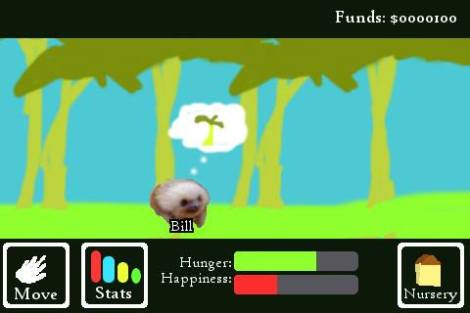
This post is retrospective of two events.
One event is when, while meeting with a very sincere person, I had difficulty grasping for the compassion I most often wish I had (not my usual display of thoughtfulness and patience). I then had an unpleasant experience with a customer: She was angry that I off-handedly refused the title “computer expert.”
I suppose this gesture was translated as an insult because in a capitalist society, I should be an expert in fixing computers (if I were not, why else call me to fix a computer). But I am not an expert. I don’t know all the answers without Google, and I felt compelled to admit that.
If I am not an expert, am I being honest to my customers? Am I an honest worker?
Of course I’m not being honest. It’s a game.
Linked-In authors constantly write off: “Do what you need to do. Do not pursue your passion.” So here I am, fixing computers and coding in python — because I want to buy my own land, because I want to escape this bubble, because I believe this will get me somewhere out-of-here. But mostly it’s because I was told so
And I feel like this is enough. I don’t believe I should be an IT specialist though I often “go the distance.” It’s more-so my integrity that pushes me that mile, but when I’m rewarded with a dirty word such as “expert,” I feel cheated of myself and my compromise to do something I do not want to do for some immediate payment and self-sustainment.
This compromise is pragmatic. I want a certain lifestyle, so I adjust my current condition to reform myself for this future of deliberate lifestyle. But this isn’t sincerity, and whenever I say it is (knowingly that I lie), I feel as if my soul has become a tool for fixing computers, not a human soul at all.
If I were sincere, I would say, “I’m a person who hopes to have meaningful conversations with strangers. I hope to build things with people.” But if I were to say that, I would anticipate others to say, “What a jerk.” Or something like: “Get a job.” Someone might make a Portlandia joke.
Insincerity then is a blanket. But it’s as wise as pushing people off the street with a 30 foot pole. Though it would be an excellent way of getting from point A to point B without needing to confront anyone, in the long run, it damages my relationships and puts me in a situation of constant anxiety. What if I forget to bring my 30 foot pole? What if someone figures out how to push it out of my hands?
I’ve then found that I must be more sincere in my work if I am to improve my personal relationships and my spiritual well-fare. As informed by my lack of spiritual connection with non-professional interactions, I cannot live a divided life. I must either be a slave to my insincerity or be a slave to my sincerity
I pray the Holy Spirit continues to improve my life and encourage me to make better decisions in my life and gives me the patience to constantly and often challenge myself to love my neighbors and myself. Amen.










